Press Release: Veritas Press C.I.C.
Author: Kamran Faqir
Article Date Published: 18 Aug 2025 at 16:05 GMT
Category: UN | Francesca Albanese |
Source(s): Veritas Press C.I.C. | Multi News Agencies
A Defiant Voice At The UN:
When Francesca Albanese, the UN Special Rapporteur on human rights in the occupied Palestinian territories, stood before an audience in Italy last week, her message detonated like a political bomb.
“Hamas is a political movement that rose to power in Gaza through elections widely described as the most democratic,” she said. “It is not a band of murderers, as it is often depicted.”
The statement immediately reverberated across global capitals. For Israeli officials, it was dangerous revisionism; for Washington, it was proof of her alleged bias. But for many human rights advocates, Albanese had cut through years of one-dimensional rhetoric, pointing to an inconvenient truth: Hamas is both a political and administrative authority in Gaza, not merely a militant faction.
And then came the sharper dagger, her insistence that Gaza’s devastation is not just political, but profitable.
The Business Of Occupation:
In a damning July 2025 report, Albanese accused more than 60 multinational corporations of entrenching Israel’s military occupation and enabling the destruction of Gaza. Among them, according to her documentation:
- Lockheed Martin, Boeing, and Northrop Grumman – supplying components for F-35 jets used in bombing campaigns.
- Caterpillar Inc. – whose bulldozers, often armoured and weaponised, have been deployed to demolish Palestinian homes and flatten swaths of Gaza’s buffer zone.
- Hewlett-Packard (HP) and Cisco – providing surveillance technology used in Israel’s biometric monitoring systems and checkpoints.
- Airbnb and Booking.com – profiting from listings in illegal West Bank settlements.
These companies, she argued, have woven Israel’s occupation into the fabric of the global economy, creating what she labelled an “economy of genocide.”
“CEOs must be held accountable under international humanitarian law,” Albanese declared.
Her accusation was clear: the war in Gaza persists not only because of geopolitics, but because it pays dividends.
From Sanctions To Smear Campaign:
The United States responded with fury. On July 9, 2025, Secretary of State Marco Rubio announced unprecedented sanctions against Albanese, freezing her assets in the U.S. and banning her from entry. He accused her of “supporting terrorism” and fuelling antisemitism.
The move stunned legal experts. Never before had a UN mandate-holder been sanctioned by Washington. UN Human Rights Chief Volker Türk warned that the precedent was “extremely dangerous,” effectively granting powerful states the ability to punish investigators who challenge their interests.
Albanese herself dismissed the sanctions as “a sign of guilt, not strength.” To her, Washington’s heavy-handed response only confirmed the very complicity she had been exposing: that the U.S. bankrolls, arms, and shields Israel while silencing critics under the banner of counterterrorism.
Israel’s Counterattack: Narratives Of Murder:
Israeli officials launched their own offensive against Albanese. Yechiel Leiter, Israel’s ambassador to the U.S., compared Hamas to the Nazis and the Khmer Rouge, sneering that “calling yourself a political party does not provide you refuge from being a murderer.”
The Jerusalem Post branded her remarks as “whitewashing terror,” while other Israeli commentators accused her of giving moral cover to groups that target civilians.
But the ferocity of the backlash also revealed the stakes. By stripping Hamas of its “terror-only” framing and restoring its political dimension, Albanese threatened the core justification of Israel’s ongoing war: that every bomb, raid, and blockade is a fight against “terrorists,” not a campaign of collective punishment.
The Democracy Buried In 2006:
At the heart of the dispute lies a largely forgotten fact. In 2006, Palestinians held legislative elections under international observation. Hamas won a sweeping victory. The U.S. and EU, which had championed the vote, swiftly moved to undermine its outcome, refusing to accept a Hamas-led government. The result was a U.S.-backed blockade, Palestinian factional fighting, and Hamas’s eventual consolidation of power in Gaza.
For nearly 20 years, Western officials have erased that democratic moment, collapsing Hamas into the singular identity of a “terror group.” Albanese’s intervention reopens the uncomfortable truth that the West helped engineer the conditions of Gaza’s isolation and war.
The Larger Stakes: International Law Under Siege.
Albanese’s confrontation with Washington and Tel Aviv is not just about Hamas. It is about whether international law has any teeth when it implicates the powerful.
If companies profiting from genocide cannot be held accountable, if UN investigators can be sanctioned for their findings, and if elected governments can be delegitimised when the “wrong side” wins, then the global system of human rights risks collapse.
Her critics accuse her of bias. But her supporters argue she is one of the few international officials willing to name the violence in Gaza for what it is: a genocide, sustained by profit, protected by diplomacy, and justified by narrative manipulation.
Conclusion: Profit, Power, And The Collapse Of Accountability.
Francesca Albanese’s remarks are not merely about reinterpreting Hamas; they are about exposing the scaffolding that makes genocide sustainable. By restoring Hamas’s political dimension, she undermines Israel’s central narrative of a war fought solely against “terrorists.” By tracing the corporate pipelines of profit, from Lockheed Martin’s fighter jets to Caterpillar’s bulldozers and Booking.com’s settlement listings, she names the actors who benefit from the rubble of Gaza. And by standing firm against U.S. sanctions, she highlights the fragility of international law when confronted by empire.
The fury of Washington and Tel Aviv is revealing. Both know that if her framing gains traction, it does more than dent their propaganda and egos; it opens the door to accountability. It raises the possibility that CEOs could be subpoenaed in The Hague, that shareholders could face class-action lawsuits for profiting from war crimes, and that governments enabling Israel’s assault could be dragged into international tribunals.
This is the deeper fear: not Albanese’s words, but their consequences. If Hamas is recognised as more than a caricature, Israel’s claim of self-defence collapses into the reality of occupation and collective punishment. If corporations are shown to profit from genocide, the global economy is implicated in crimes against humanity. If UN experts can no longer be silenced, the illusion of Western moral authority begins to crack.
What follows is clear:
- Corporate complicity must be confronted through boycotts, divestment, and binding international regulations on war profiteering.
- International justice must be pursued at the International Criminal Court, targeting not only state officials but also the executives and financiers enabling mass killing.
- Civil society must refuse narrative manipulation by demanding that Hamas’s political reality, however uncomfortable, be acknowledged alongside its violent record, because only by recognising the full truth can accountability begin.
- The UN system must defend its independence, or risk becoming a hollow stage where power dictates truth.
Gaza has become the fault line where human rights, corporate power, and geopolitical impunity collide. Albanese has forced the world to look directly at that fracture. The choice now is whether her words will be drowned out by smear campaigns and sanctions, or whether they will catalyse the overdue reckoning with an international order that has too often been built not on justice, but on profit.

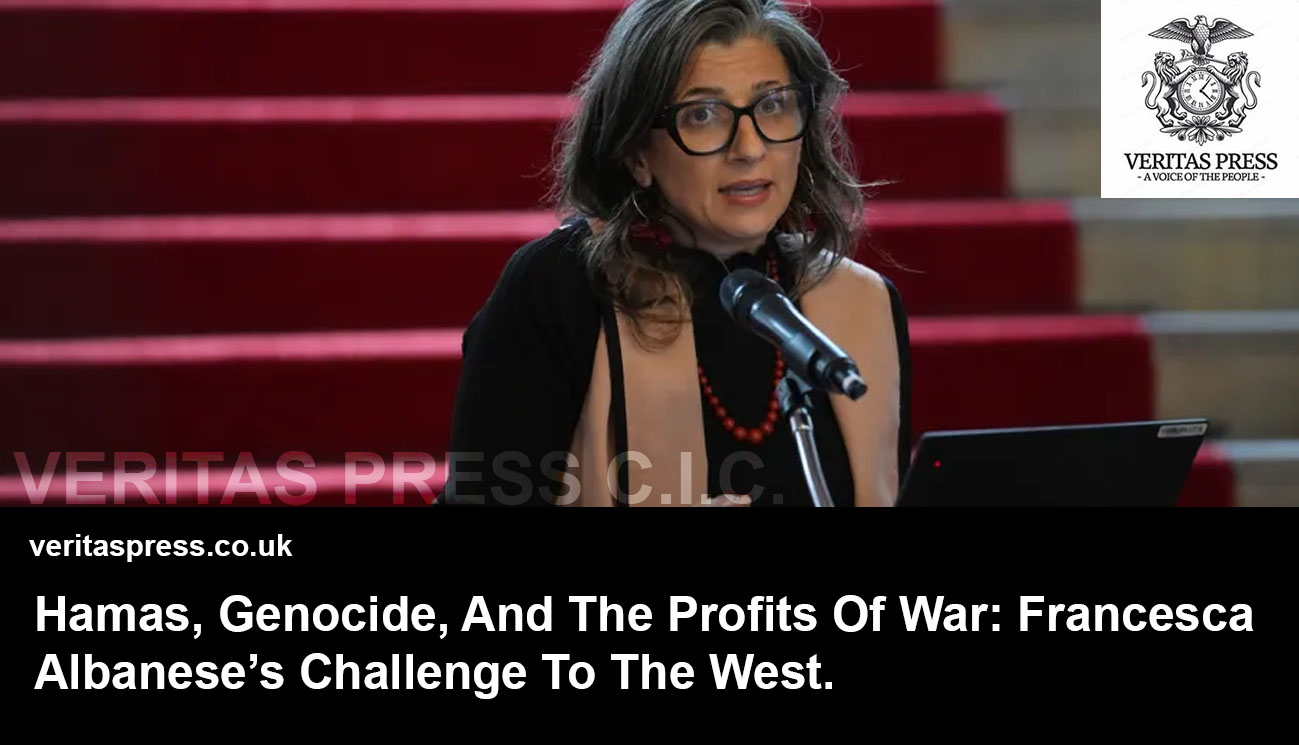


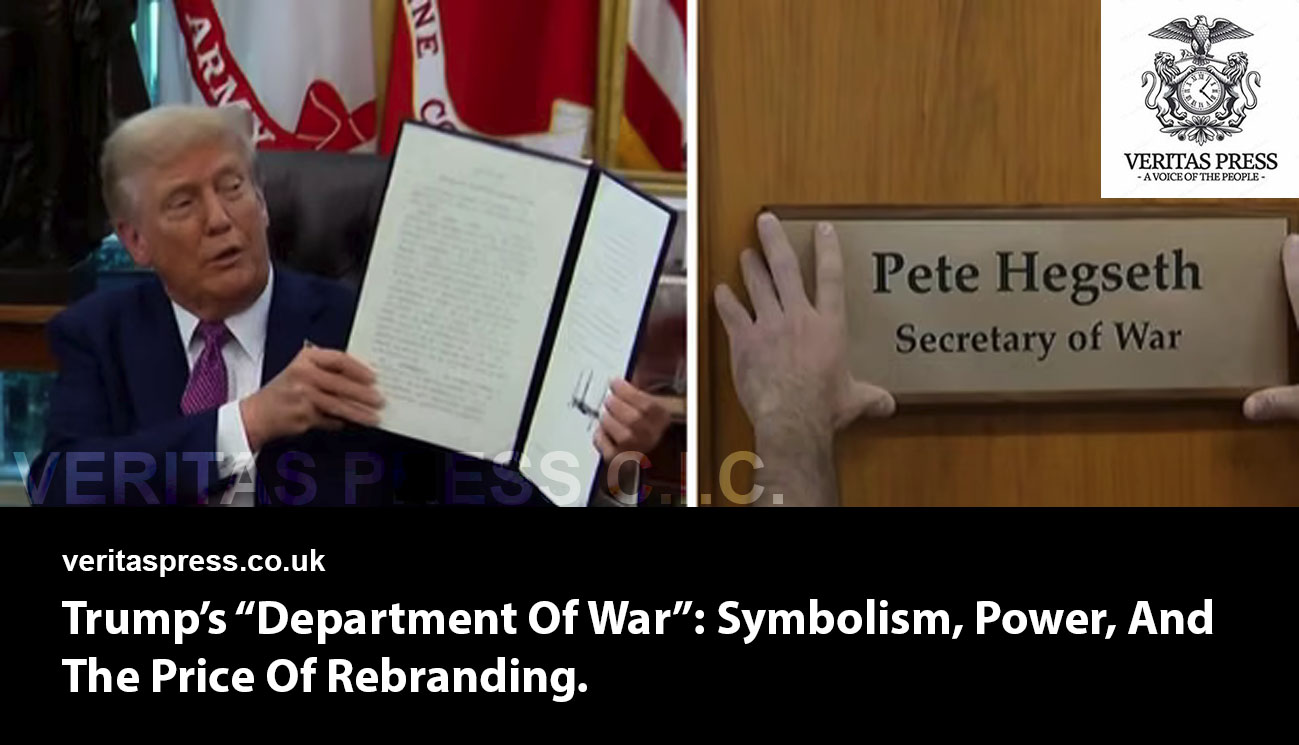

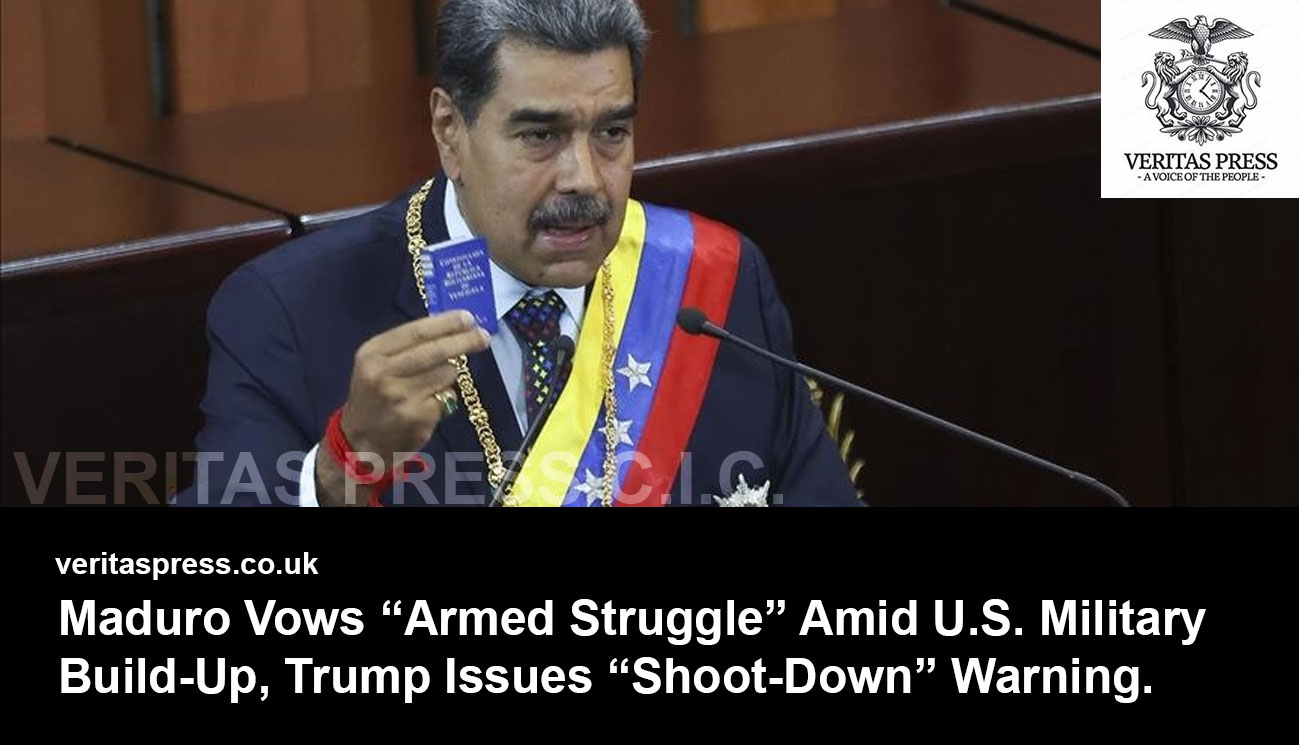
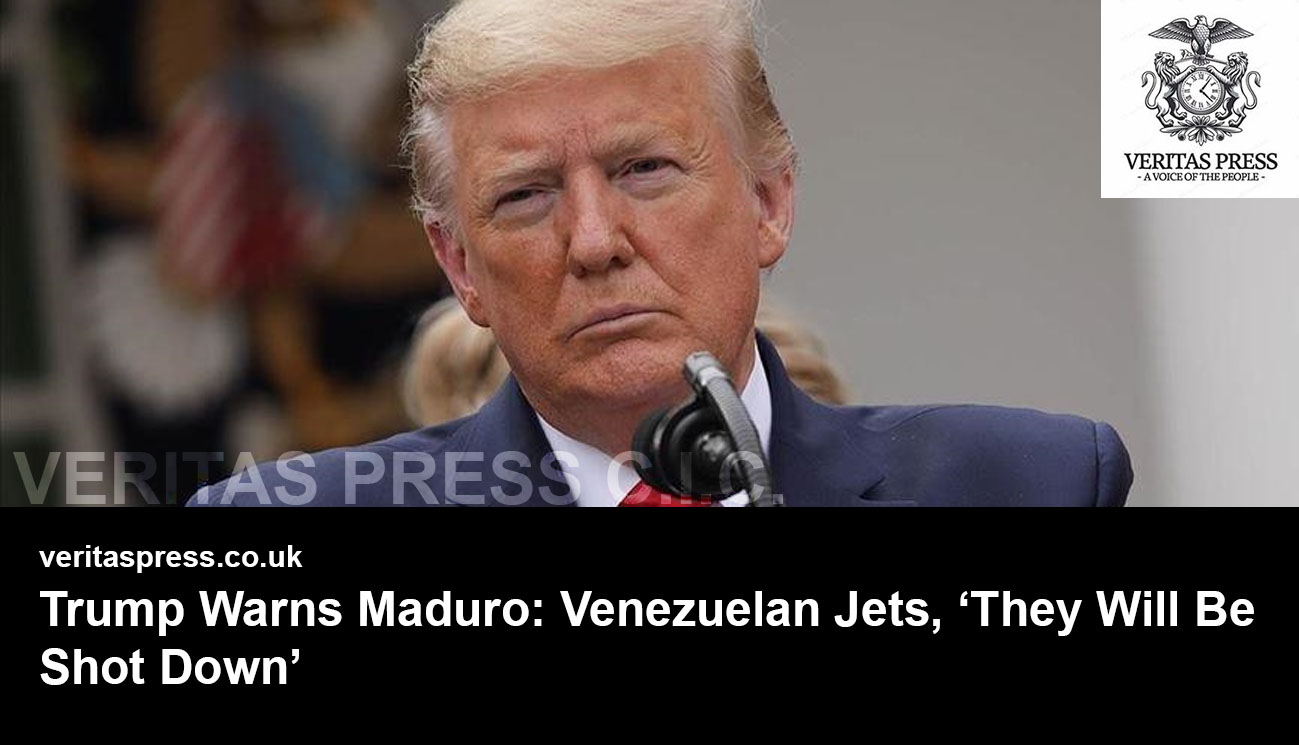
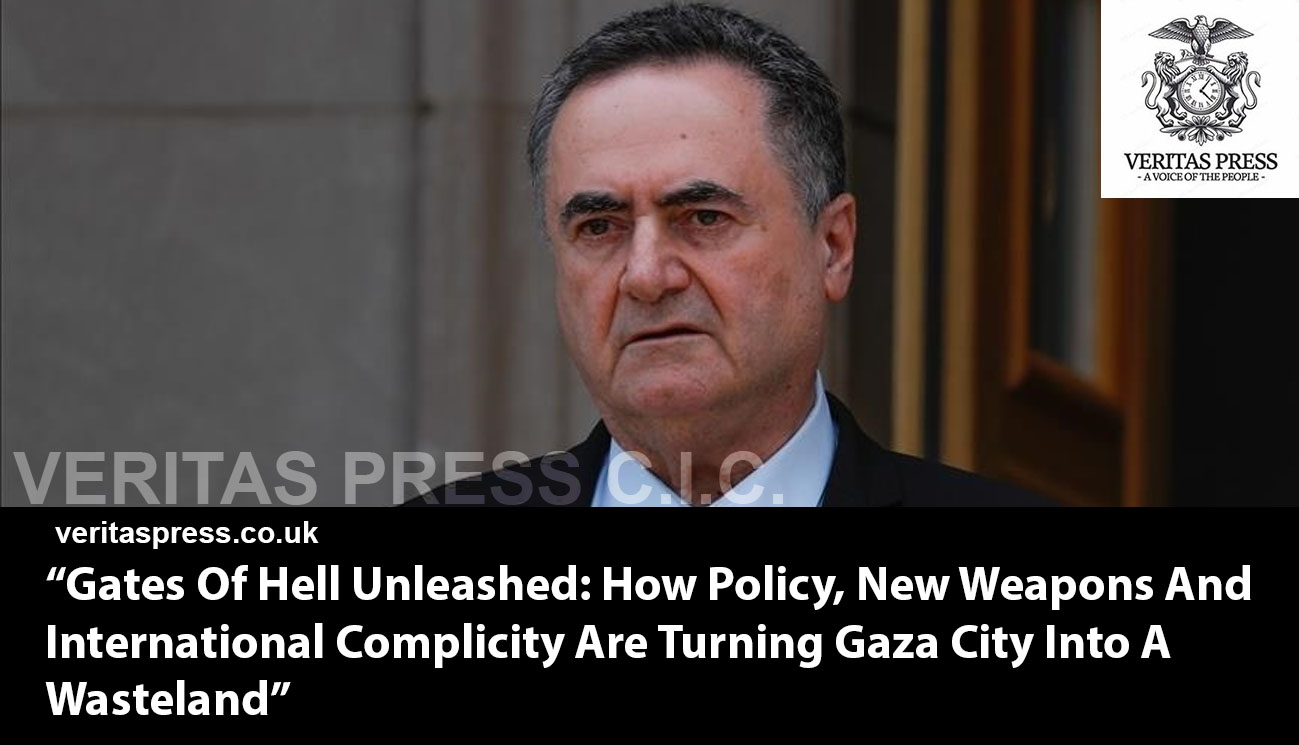
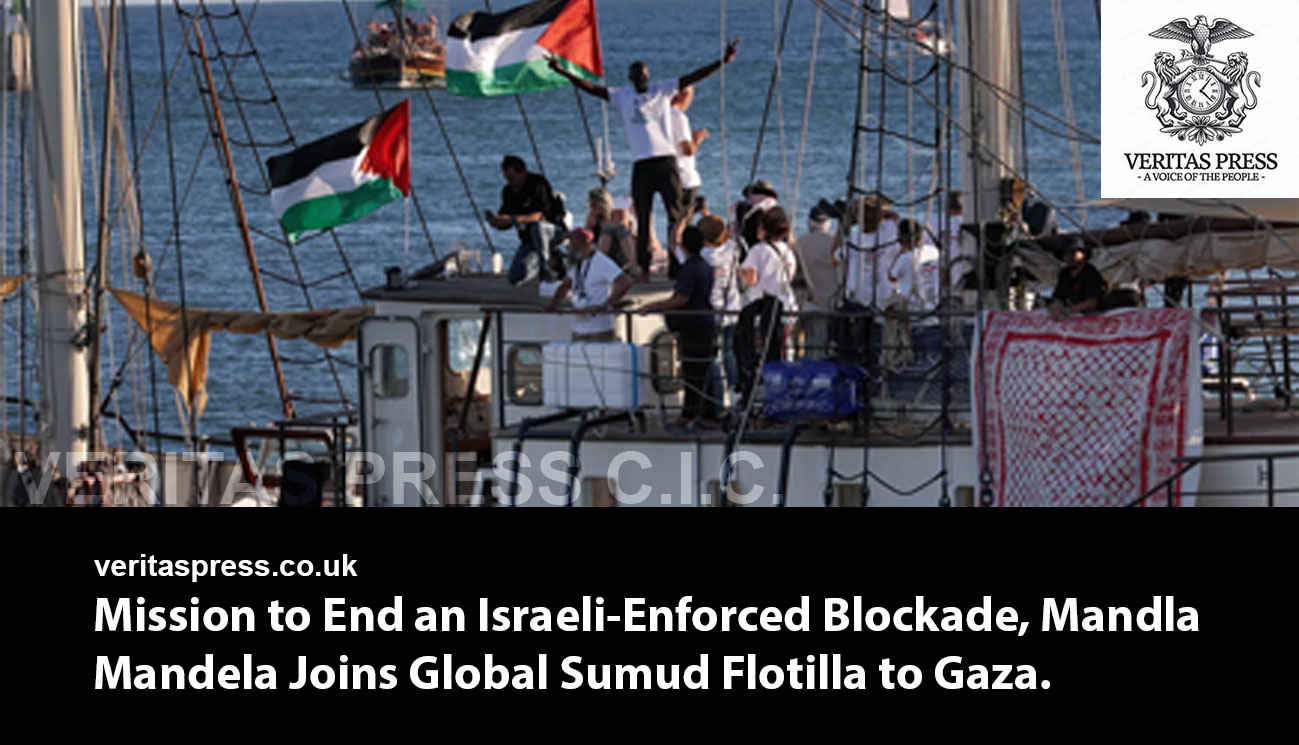
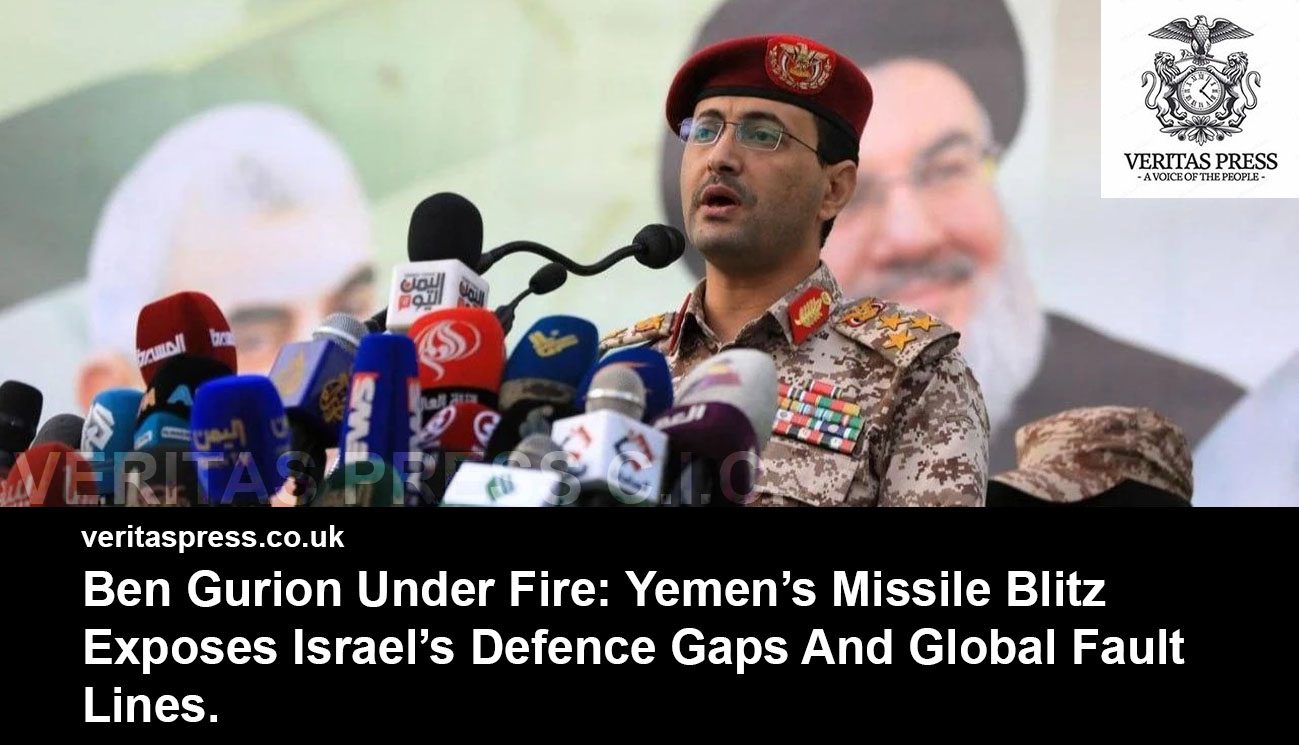
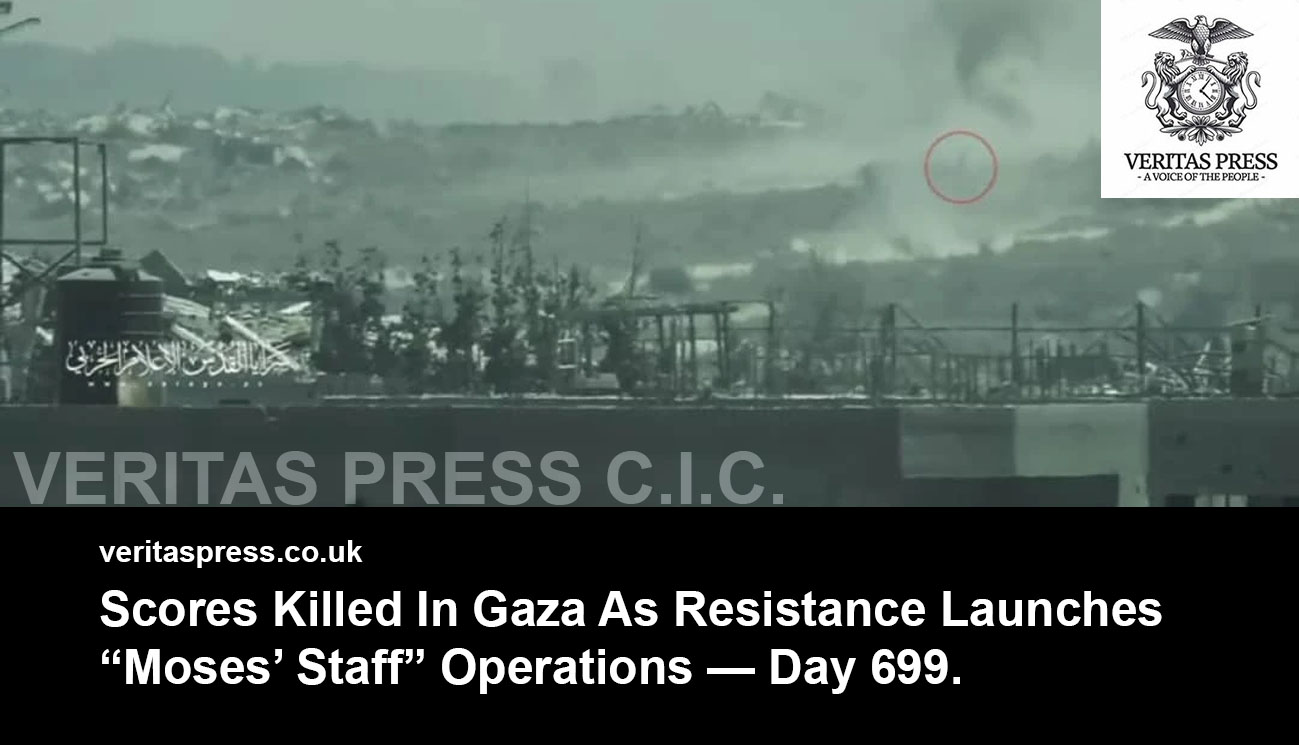
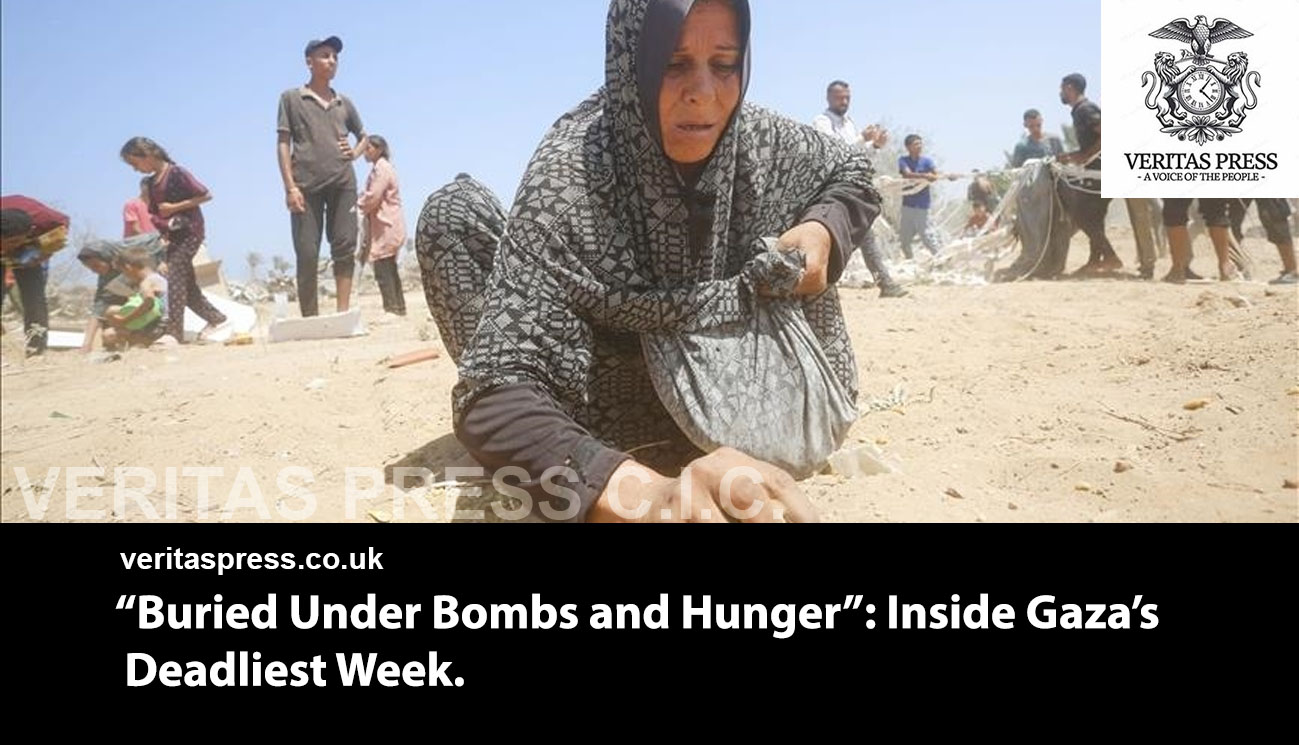
Leave a Reply